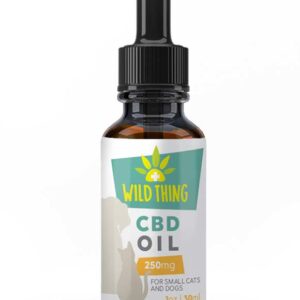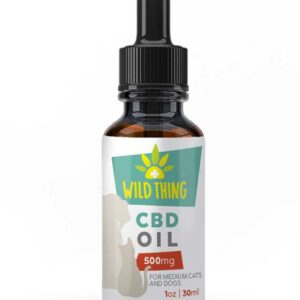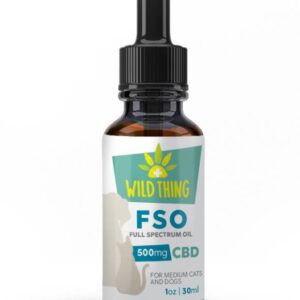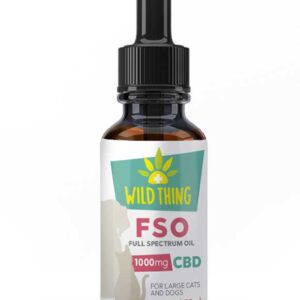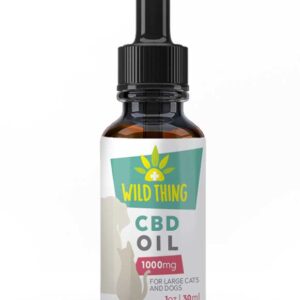Owning a pet is one of the most fulfilling things in the world. There’s something about their adorable faces, a playful demeanour, downright silliness and… dander? Unfortunately, not everyone who owns or wants to own a pet can do so without some drawbacks. Around 27-47% of Americans are pet owners. Almost half of the population. Meaning that even if you aren’t a pet owner, allergies can affect you or someone you know. The problem is, even though people sometimes have allergies to pets, they still want to own one. Worry not, it’s completely possible to be allergic to a dog and still own one, you just have to take the necessary precautions. Knowing about how your allergies work, how to treat them and, of course, choosing the right breed of dog are the main steps for you to be basking in the wonderful world of pet ownership before you know it. In this article, we will explore the symptoms and treatments of common pet allergies and the top 10 hypoallergenic dogs that don’t shed or shed the least.
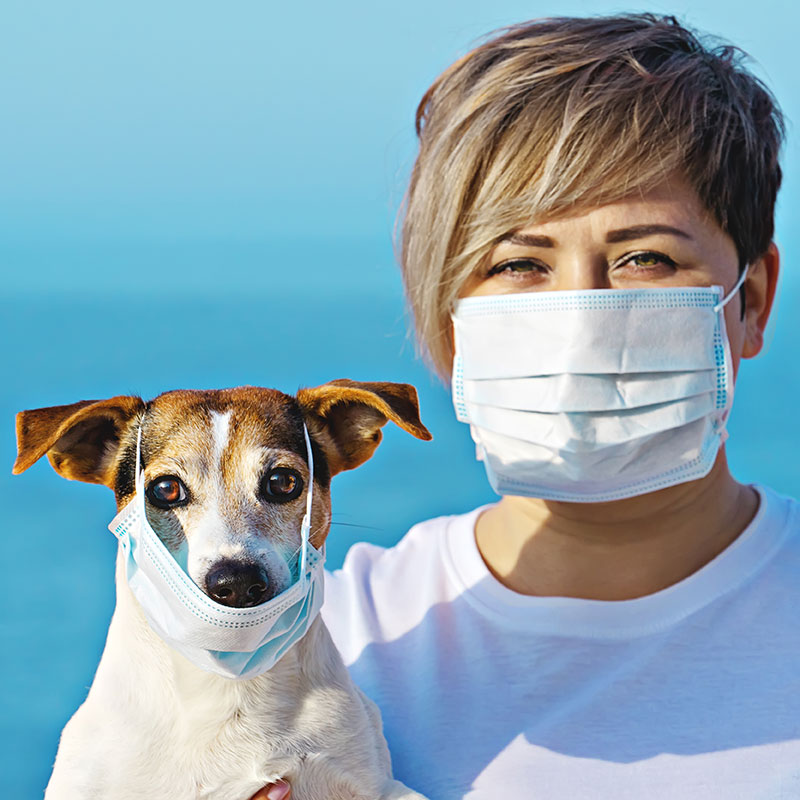
What Are Pet Allergies?
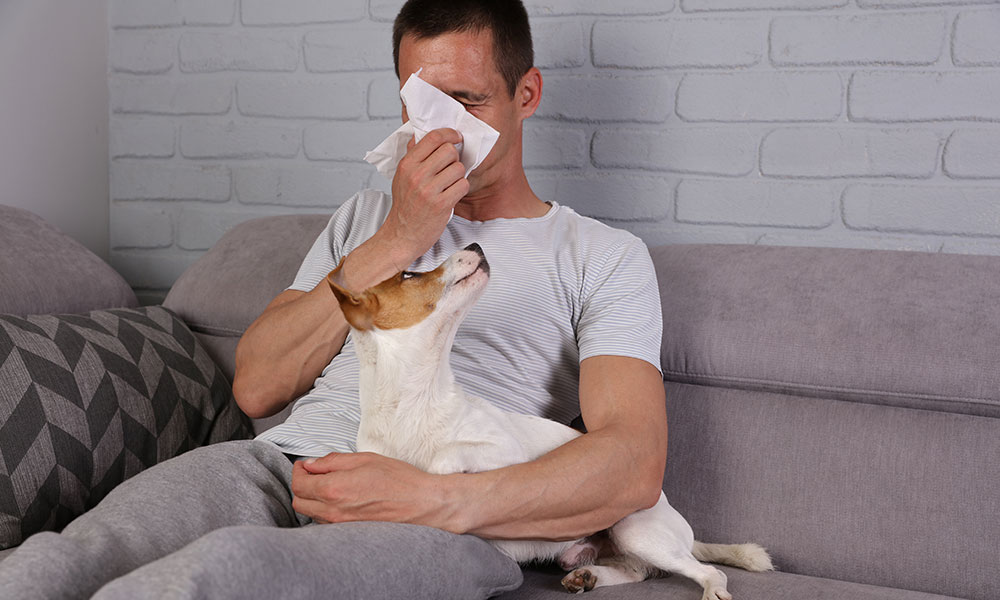
To understand why the top 5 dog breeds we’re about to list are the most hypoallergenic dog breeds, you first have to understand how pet allergies work. A common misconception is that your allergic reaction to fido is due to his/her shedding hair. While that, in a way, has a very small amount to do with it, the actual cause of your watery eyes and sneezing is actually coming from their dander. Dander, usually confused with dandruff, is the sin material shed from cats and dogs that cause allergies. It simply consists of the skin flakes that fall off of the body and become caught in the animal’s hair. You have it, they have it, anything with fur, hair or feathers has it.
It’s the pet’s dander that confuses your immune system into thinking it’s fighting off harmful bacteria. Pet allergies are simply an overzealous immune response to a non-harmful material. Technically you are not allergic to the animals, your body just thinks you are. Oversensitive immune systems, like the ones that require dogs that don’t shed, react to a dog’s saliva, urine and dander more than their fur. But reducing the amount a dog sheds, or the thickness of their undercoat, is an important step to a sneeze-free life with a pet.
Symptoms
The symptoms of pet allergies are relatively simple and harmless, although the affliction can be harmful in less rare, more serious cases. The fact of the matter is that simple dog allergies look quite similar to any other nasal allergy someone can experience. Symptoms are:
-
Coughing and Wheezing
-
Red, Itchy Eyes
-
Runny, Itchy or Stuffy Nose
-
Hives
-
Asthma sufferers are at a higher risk
Luckily, due to how common they are, these symptoms and allergies are quite easy to treat. In fact, there is an entire aisle at the pharmacy for exactly that. Antihistamines are the most common medication to treat common pet allergies. You can find a number of brands like Benadryl, Zyrtec, Allegra and Claritin that will treat the symptoms. Another route one may have to search to ease their pet allergies are decongestants like Sudafed or Nasal Steroid medications like Flonase. Depending on the symptoms of your allergy, any one of these medications should do the trick to keeping your allergies in check.
Other Ways To Keep Your Home Allergen Free
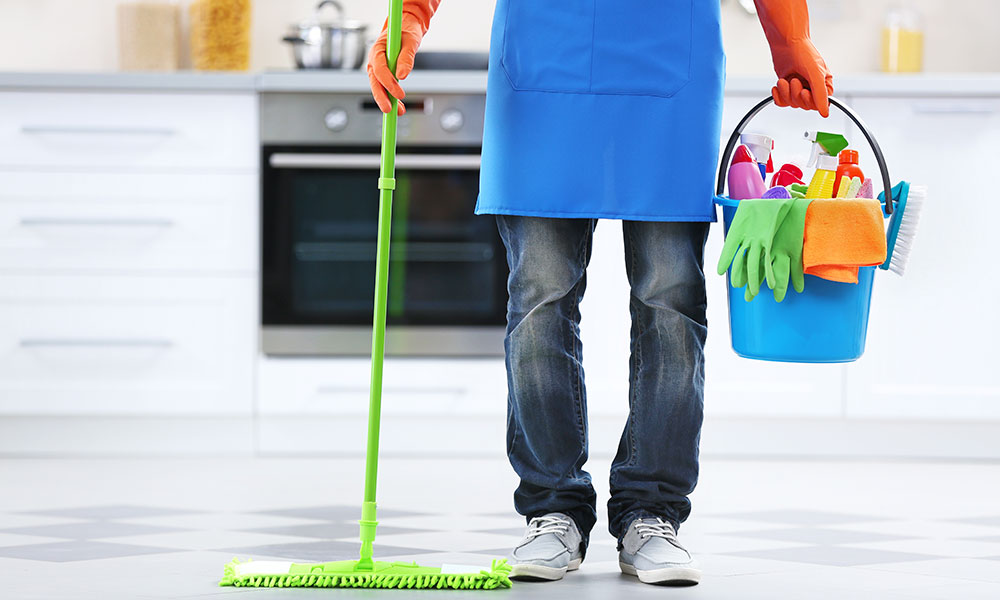
Taking an allergy medication every day doesn’t sound like a very good fix when it comes to pet allergens. Additional steps should always be taken for those who suffer from pet allergies, but remain insistent on becoming a pet owner. Whether it’s a cat or dog, these simple fixes will reduce the amount of allergens in your home and extend the life of your Benadryl medication past the 2-week point.
Set Boundaries for your dog. Don’t give them the keys to the castle. If you have a workspace or a living room that you like to frequent, find a way to keep them out. The bedroom is the most important place to make sure your pet does not visit. Sure, we love the comfort of having them sleep at our feet, but the surfaces, fabrics and air of your bedroom should be the cleanest of the home. Over time the build up of hair on your bed, couch and surfaces will only make your allergies worse and more difficult to control.
Clean your home frequently. You should always keep your house clean, but if you are a pet owner living with allergies you might want to schedule a few more vacuum sessions during the week. While dusting and wiping will help with the spread of allergens, vacuuming regularly (with a HEPA filter) will drastically reduce the amount of allergens in the air. Ensure you use a vacuum with a HEPA filter, however. Most vacuum cleaners will remove particles from your floors, but in some cases a regular vacuum filter can’t catch the allergens you are trying to remove.
Get an air filter. If you live in an area that has central air, it will keep you cool while it circulates all the allergens and hair you’re trying to avoid. Adding an air filter or air cleaner to your central air is a great way to reduce the spread of any additional allergens throughout your home.
Top 5 Hypoallergenic Breeds
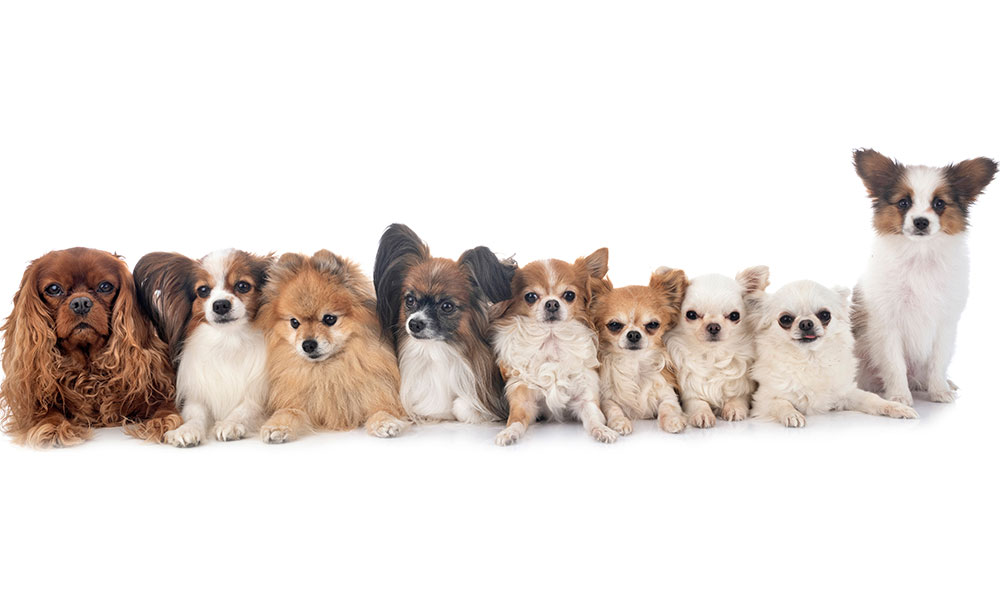
Okay. We’ve gone over your allergies, we’ve explored ways to keep the allergen levels in your home as low as possible, but what are the most hypoallergenic dogs? Which dogs shed the least? You can clean your house and take precautions until you are blue in the face, but the best way to reduce your pet allergies is to simply get yourself a hypoallergenic dog. Here are our top 5 picks!
Bichon Frise
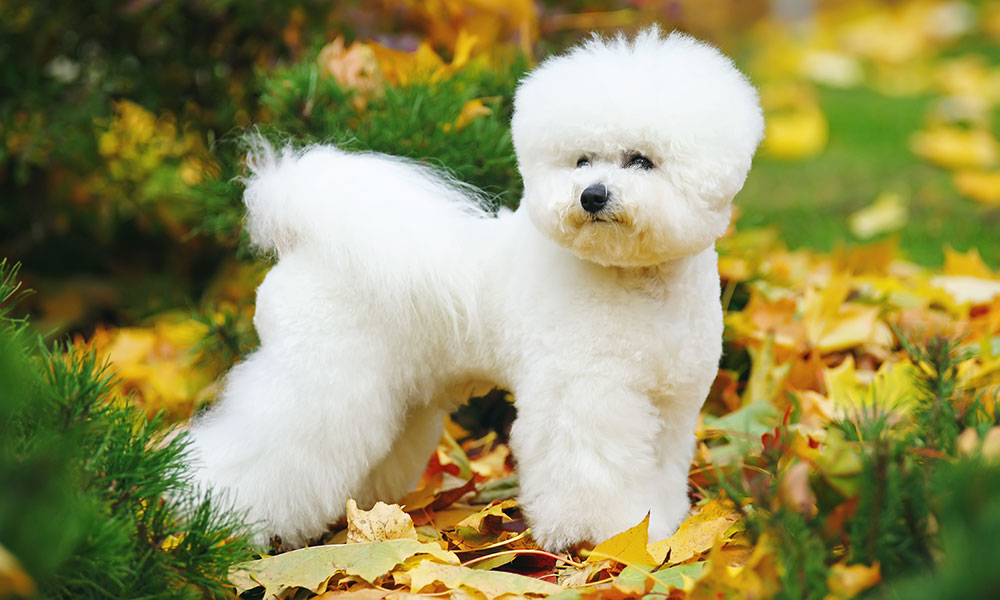
This compact little ball of floof a is a great hypoallergenic dog that is also a low shedding dog. They will still shed, but their thick coat causes that excess hair to become trapped and not fall to your floor. Regular bathing and brushing is required to ensure their coat stays healthy and clean.
Cairn Terrier
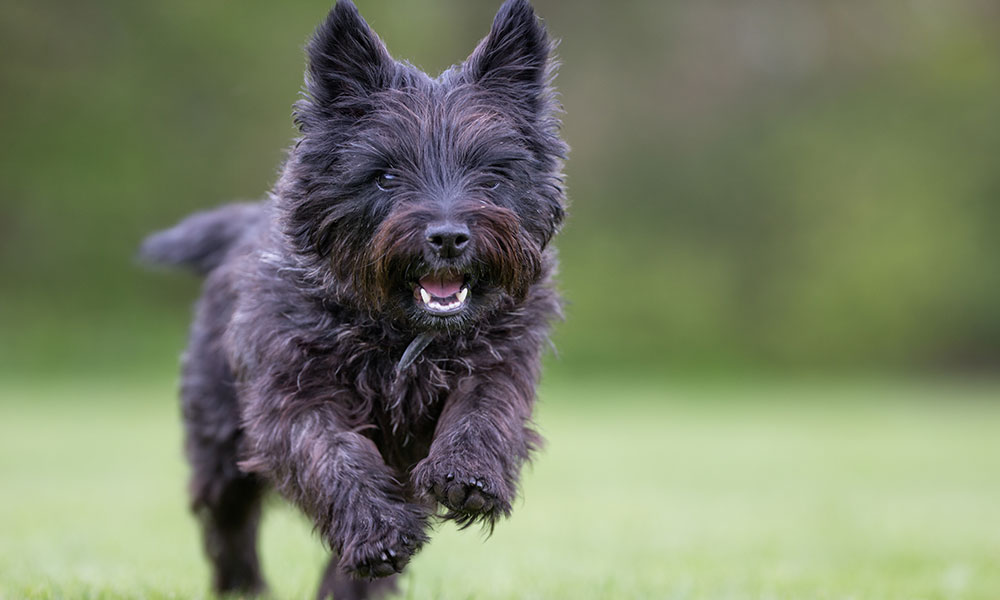
Due to this puppers wiry outer coat it is one of the low shedding dogs that allergy sufferers may want to consider. cairns do still have an undercoat that is made up of softer hair, but the wiry overcoat makes shedding difficult and is one of the best hypoallergenic dogs you can get.
Fox Terrier
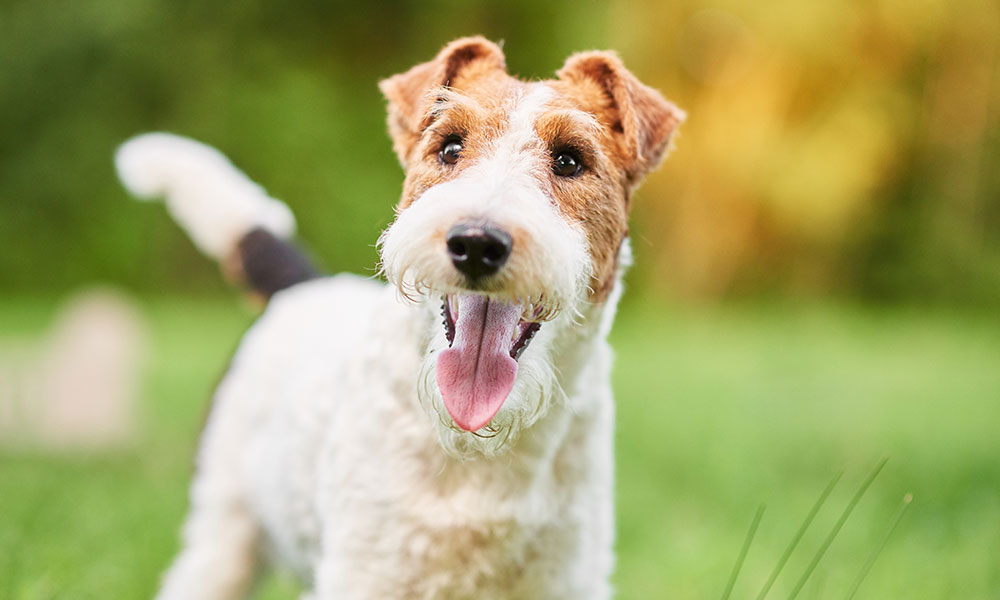
Speaking of wiry hair: Fox Terriers are a silly little pooch with a thick, wiry coat. Not only is it wiry, but dense. These particular dogs are basically a non-shedding dog and wont have you washing your hands after every pet. The best way to describe the coat of this hypoallergenic dog is by comparing it to that of a coconut. In a good way.
Havanese
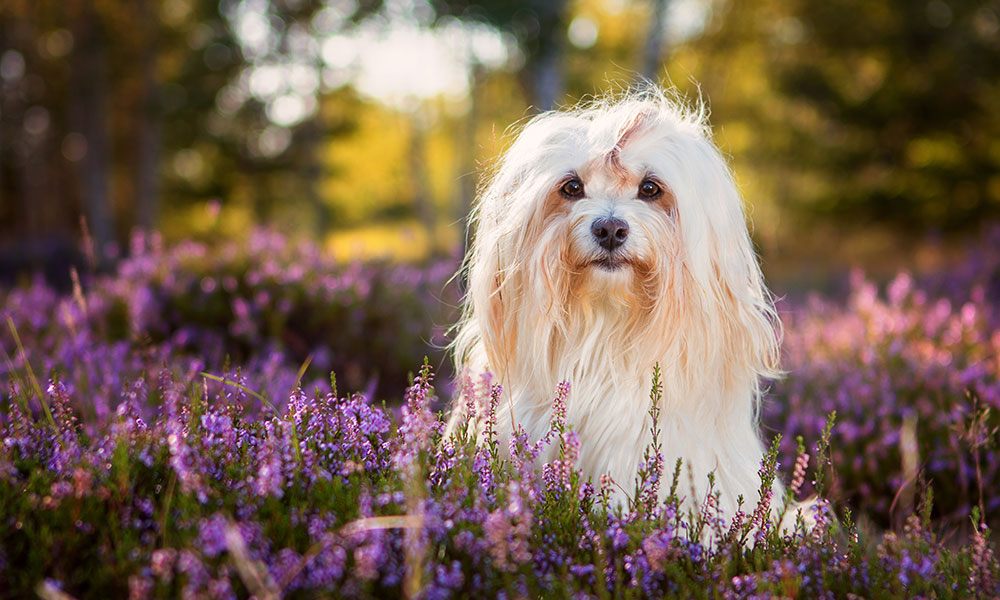
Havanese dogs are one of the rare hypoallergenic dogs that have soft, silky hair but shed relatively little. Their hair can range from curly to straight and their thick, dense coat makes it hard for them to shed on your floors and surfaces. Regular bathing and brushing is required.
Shih Tzu
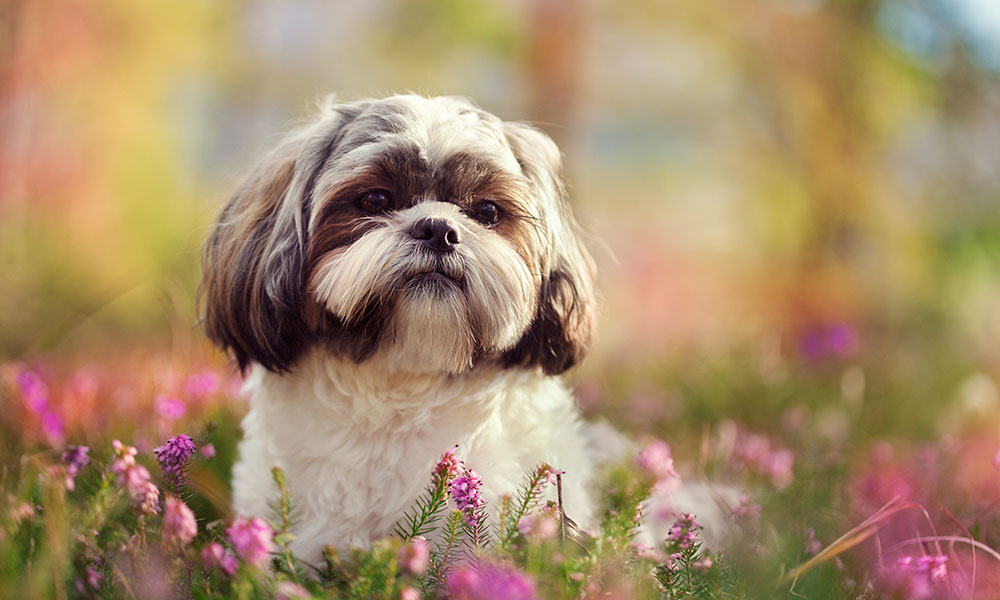
We made the Shih Tzu the #1 contender in our list of hypoallergenic dogs because they’re a breed that doesn’t have to be shaved or have a dense, wiry coat to avoid allergens. They just come with a little added work. They’re a very low shedding dog, but because of their long, silky coat owners will have to brush them regularly and bathe them once every 1 to 2 weeks to avoid matting and tangles.
Conclusion
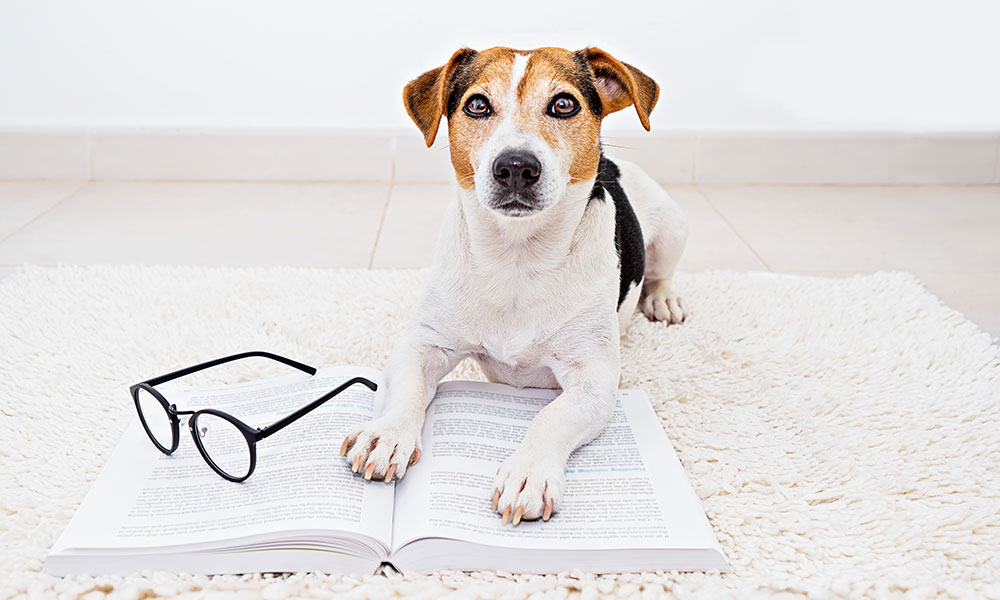
If you noticed that our top 5 dogs lacked in size, you’re correct. If you are in the market for a new dog or want to become a first time pet owner, and don’t want to have a dog that sheds often, a smaller breed is for you. There are no Great Danes on our list for a reason. Having a pet allergy doesn’t mean you have to live your life without enjoying the wonderful world of pet ownership. You just have to take some precautions. Regular cleaning and sectioning off areas of the home that you want to reduce pet hair and dander. Choosing an animal with shorter hair, a dense coat or no undercoat can decrease your risk of an allergic reaction. Regular bathing and grooming will remove excess dander and fur that would otherwise wind up on your floor and fabrics and having a bottle of antihistamines in the cupboard is a good plan as well. Don’t let your allergies keep you from one of the most rewarding experiences a person can encounter. The pros highly outweigh the cons when it comes to pet ownership and if you suffer from allergies, finding the right hypoallergenic dog breed(s) is one of the crucial first steps in beginning that journey.
Frequently Asked Questions (FAQ)
What breed of dog is best for allergy sufferers?
While there is no 1 breed that is better than all the rest when it comes to allergy sufferers there is a common threat between hypoallergenic dogs: size & coat. Smaller dogs with thick, dense coats like shih tzus, fox terriers and cairn terriers are less prone to shedding and will leave less allergens around your home.
Which breed of dog sheds the least?
While every dog will shed, the breeds that would shed the least are those with little to no coats. The Hairless Chinese Crested breed or Bedlington terriers have little to no fur so would likely shed little to no hair. Rule of thumb is: If your dog has hair, it will shed.
What is the best hypoallergenic family dog?
For us, the best hypoallergenic family dog is a Shih Tzu. They are small, have a silky coat but don’t shed often and can maintain a shed free environment with frequent grooming and baths. Their friendly and playful demeanor make them a great family dog as well.
What dogs can you get if you’re allergic?
Every dog can technically be a pet if you suffer from allergies. It’s how often you want to groom and bathe them that is the question. Smaller dog breeds like Shih Tzus and Terriers are hypoallergenic dogs, but will still shed and require grooming. If you suffer from allergies, there are simply additional steps you must take to ensure your home is allergen free, but no breed is off the table.
Want to Learn More?
Download our AILMENT GUIDE NOW.
PLUS! all FIRST TIME buyers get 50% off their additional order. Visit verlota.com to get your discount code.

